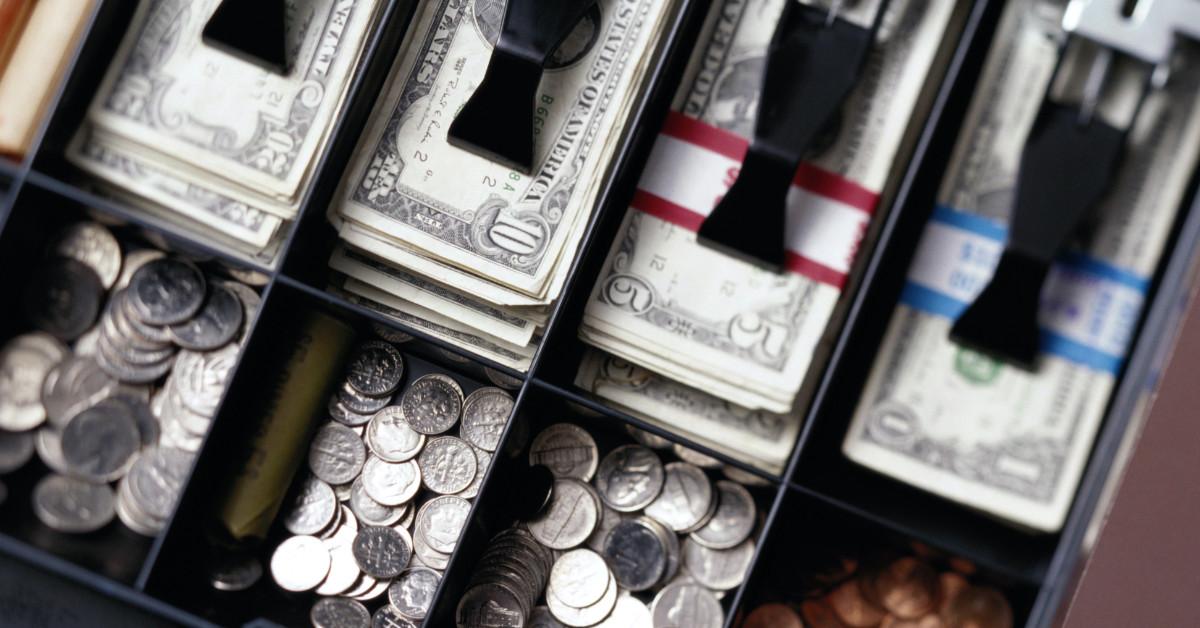The Big Mac Index Shows How Strong the U.S. Dollar Is Versus Other Currencies
Why is the U.S. dollar so strong? See what experts say, and see what The Big Mac Index reveals about Americans’ purchasing power around the world.
Aug. 30 2022, Published 1:46 p.m. ET

The U.S. dollar is particularly strong at the moment — notably achieving a 1:1 exchange rate with the euro this July for the first time in two decades. Americans’ spending power in countries around the world, especially those where the U.S. dollar is worth the most, means that it’s easier to travel to and buy goods from abroad.
“At the margin, the stronger dollar is putting a bit of a limiter on [U.S.] inflation,” Bailard chief investment officer Eric Leve told Fortune in July. “By having a strong dollar, purchasing goods from abroad, as U.S. consumers tend to do, becomes much cheaper. And so we’re essentially importing deflation.”
But there’s a flip side. “If you’re trying to sell goods overseas, that strong dollar makes your goods all the more expensive, putting a burden on top-line revenue for U.S. companies,” Leve said.
Egypt, India, South Africa, Indonesia, and Romania have currency undervalued against the U.S. dollar, the Big Mac Index indicates.

Since 1986, The Economist has used The Big Mac Index as an indicator of purchasing-power parity, the idea that the exchange rate between two countries should move toward a rate that would equalize the price of identical goods or services in those countries.
The June 2022 index shows the countries with the most undervalued currency compared to the U.S. dollar are Egypt (-52.9 percent), India (-53.6 percent), South Africa (-54.5 percent), Indonesia (-54.6 percent), and Romania (-55.7 percent).
In Romania, the index shows, a Big Mac costs 11.00 lei, compared to $5.15 in the U.S. But with an exchange rate of 4.82 between the U.S. and Romania, a Big Mac should have cost 24.82 lei in June, which is why the Big Mac Index decrees that the Romanian leu is 55 percent undervalued.
Three of the aforementioned countries — Egypt, Indonesia, and South Africa — also ranked on the lower end of the Organisation for Economic Co-operation and Development’s (OECD) chart of comparative price level indices for 2021, which compared purchasing-power parities to market exchange rates.
The Big Mac Index’s ranking changes, however, when adjusting for GDP to account for differences in labor costs and barriers to migration and trade. With those adjustments, the countries with the most undervalued currency compared to the U.S. dollar are South Africa (-42.2 percent), Japan (-42.4 percent), Romania (-47.6 percent), Taiwan (-50.5 percent), and Hong Kong (-52.7 percent).
So, why is the U.S. dollar so strong? Thank the Federal Reserve.
Leve told Fortune that the dollar is so strong because “the [Federal Reserve] is in the midst of the most aggressive monetary tightening policy among major central banks in the world” as it raises interest rates to counter inflation. And he said that the Fed’s actions make the U.S. “the cleanest dirty shirt” in many ways, compared to other countries with more risk of inflation and recession.
Kenneth Rogoff, an economics professor at Harvard University and a former chief economist at the International Monetary Fund, told Vox that the Fed’s rapid interest hikes are contributing to the strength of the dollar. But Rogoff also noted that economic troubles throughout Europe amid Russia’s invasion of Ukraine have made the U.S. economy look better in comparison.
Vassili Serebriakov, a foreign exchange strategist at UBS, added that the dollar is acting as “a safe haven” for investors who are worried about the worsening outlook for the global economy. “More recently, it has less to do with the U.S. and more to do with a global downturn,” Serebriakov said.
